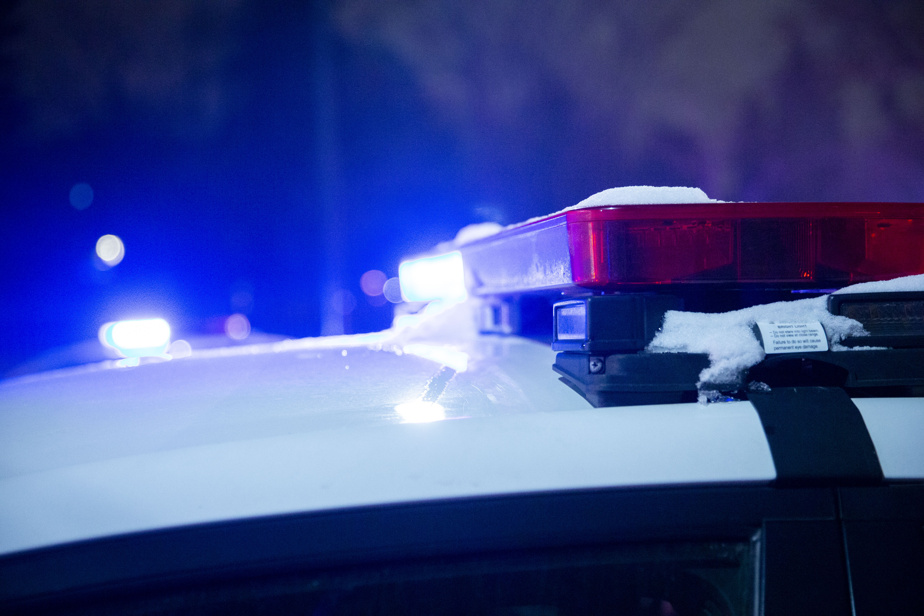(Ottawa) The Federal Privacy Commissioner and his county counterparts have recommended creating a legal framework that limits the use of facial recognition by police forces.
Posted at 2:57 pm.
Federal Commissioner Daniel Terrain said in his testimony on Monday: “[This technology]can be very invasive, enable widespread surveillance, lead to biased results and undermine human rights, including the right to participate freely, without supervision, in the democratic life. Parliamentary committee to examine the matter.
At the same time, he added, facial recognition also has benefits “if used responsibly”.
However, Mr Therrien and his provincial and territorial counterparts believe that Canada’s body of privacy protection laws do not provide sufficient safeguards against abuses of facial recognition.
In a joint announcement, they therefore called for new specific legislation or an update of existing laws to give them more bite in the face of facial recognition.
“This is one of the lessons learned from recent years […] “We must put an end to the corporate self-regulatory system, and companies involved in surveillance must be specifically targeted,” Commissioner Therrien said.
The chair of the Information Commission on Quebec, Diane Poitras, argued that the powers available to her organization should be “strengthened”.
The woman who testified before the Standing Committee on Access to Information, Privacy and Ethics argued: “The popularity of biometrics leads to some underestimation of its effects on citizens.”
according to mme Poitras, residents often do not have the tools to understand everything that involves collecting personal data obtained by facial recognition.
She summarized, “It is a very complex technology and the capacity of a citizen who is asked to consent to (give) it in an informed manner is, in my opinion, very limited.”
Regional and federal commissioners recommend that it be specified, in law, in cases where it is appropriate to use facial recognition. In their joint statement, they stated that this could be a justification for finding a missing person.
On the other hand, they demand the abolition of certain uses systematically. “In our view, these restrictions should include an explicit prohibition of any use (…) of surveillance of persons participating in a peaceful protest, and any use that could lead to mass surveillance,” we could read.
The commissioners also want an independent body to monitor how facial recognition is used.
Mr Terrain said he expected the Office of the Privacy Commissioner of Canada, which he heads, to take over the responsibilities in this regard.
“But facial recognition challenges other rights, for example the right to equality (and) democratic rights,” he added, adding that other organizations should be involved. He referred to the idea of the Canadian Human Rights Commission being a part of it.
Mr Therrien concluded last summer that the Royal Canadian Mounted Police (RCMP) had violated privacy law Using facial recognition technology from the US company Clearview AI.
The New York-based company, which no longer does business in Canada, has been ordered by the Quebec Accounts and Information Commission to delete photos and biometric data collected without individuals’ permission.
Clearview AI technology enables the collection of large numbers of images from a variety of sources, which can help law enforcement agencies, financial institutions, and other customers identify individuals.

“Subtly charming problem solver. Extreme tv enthusiast. Web scholar. Evil beer expert. Music nerd. Food junkie.”


